'He could have killed me and police didn't care'

Darcy - not pictured - is still angry at the delay
- Published
A young woman said police had put her at serious risk of harm after failing to tell her about her partner's violent past.
The woman's mother used a scheme, known as Clare's Law, to request information from Thames Valley Police (TVP) about her daughter's boyfriend because she was worried about her.
Forces are supposed to respond within 28 days, but it took 85 days before the force disclosed that her partner had previously served time in jail for violence against women.
TVP would not comment on the case but said it was looking at "developing new ways to improve the timeliness of our response".
Darcy - not her real name - was shocked by the outcome and angry at the delay.
"They put me at greater risk. Something worse could have happened," she said.
"He could have killed me. I could have died. And the police didn't care. They showed no compassion. It concerns me about what they're doing to other people.
"What he's done to me, he's probably done to others in the past and he'll continue to do in the future."
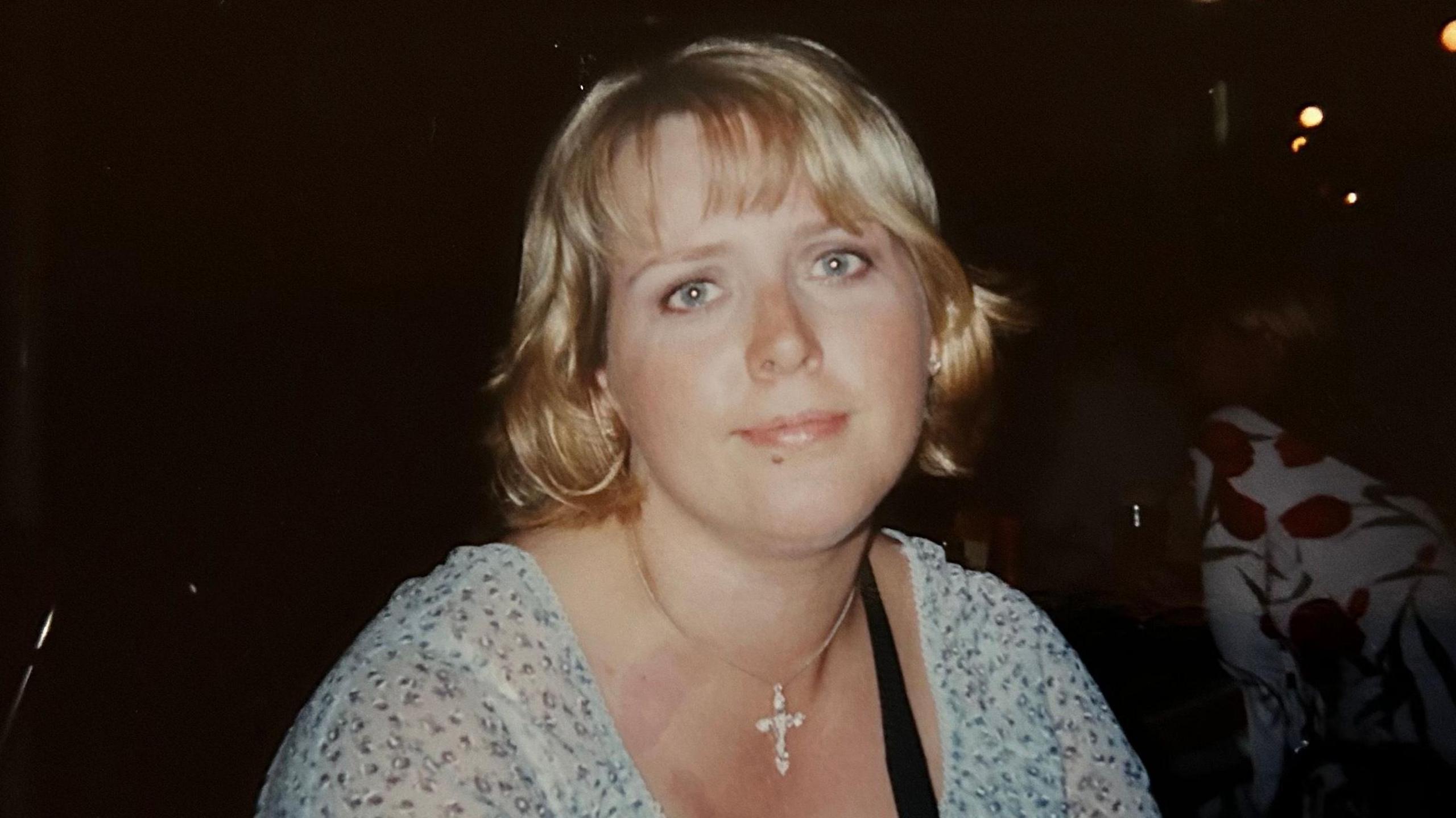
Clare's Law was named after Clare Wood who was killed by her ex-boyfriend
Darcy's relationship with her former partner moved quickly in its early stages.
She said: "It was immediate 'I love yous', 'I want you to move in with me'. At the beginning, it's the honeymoon stage and you kind of think everything's perfect."
But things began to change.
"He had me questioning my own beliefs on things and thinking maybe I'm behaving wrong in this situation. I wasn't," she said.
"From a coercive control perspective, I'd say I was definitely being controlled."
Initially Darcy, from Reading, Berkshire, could not see the red flags. But her mum, Sarah, could.
"I had a gut feeling that something was off, a mother's instinct," she said.
"I knew that the only way I was going to be able to really show her that there was something not right with his guy was if I got it from the police."
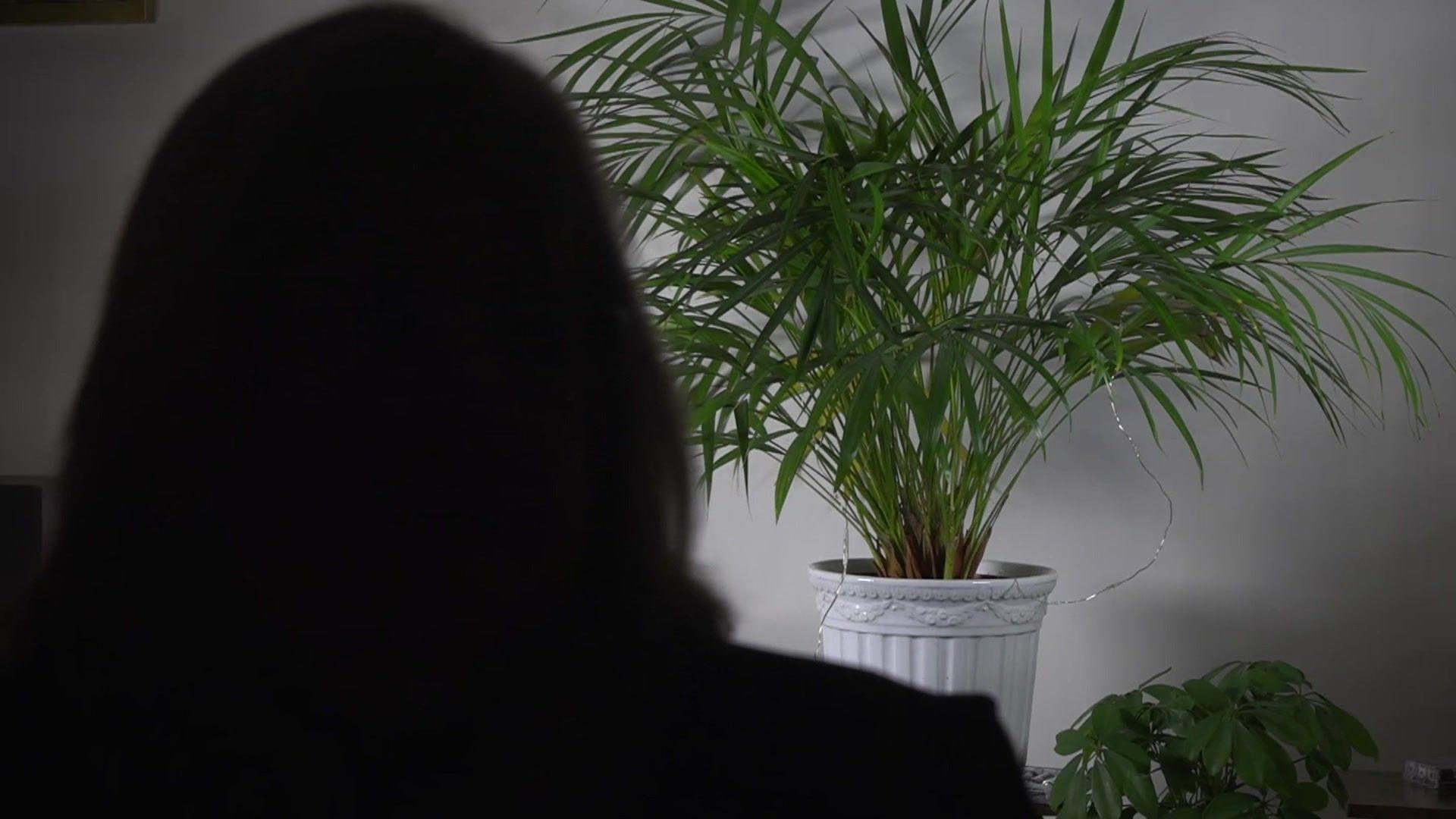
Sarah said she could tell that something was not right
But the request for information about his past took more than three times as long to come through than it should have.
TVP has a poor record of making these disclosures and the process often takes longer than recommended.
His Majesty's Inspectorate of Constabulary and Fire & Rescue Services criticised the force in its 2023-25 PEEL report, external and said it did not make full use of the Domestic Violence Disclosure Scheme, external, the official name for Clare's Law.
Latest figures show only 36% of disclosures were completed within the 28-day time frame.
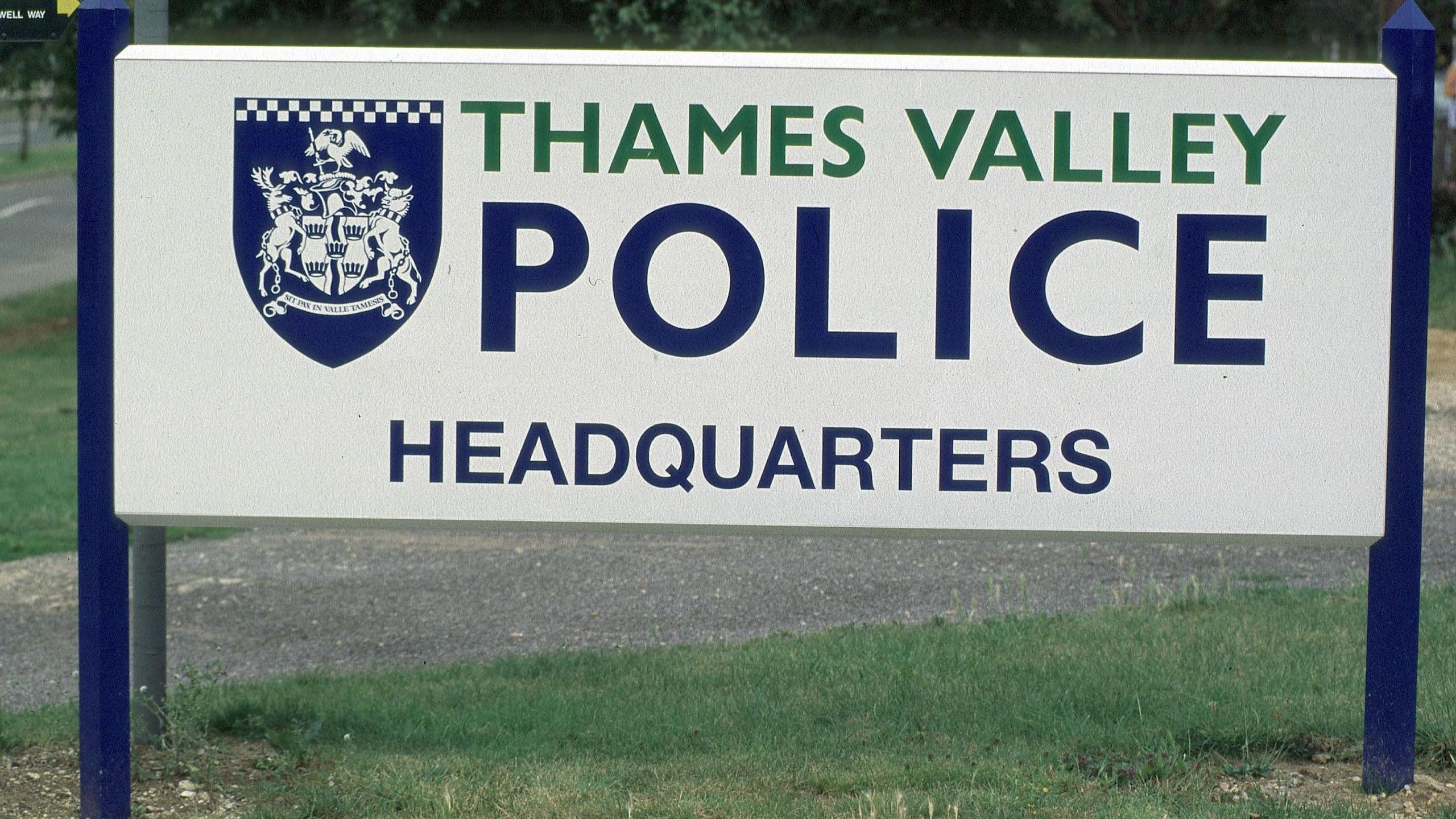
In a statement, Thames Valley Police said it knew the way it operated Clare's Law needed to improve
Launched in 2014, Clare's Law was named after 36-year-old Clare Wood, from Greater Manchester, who was murdered by her ex-boyfriend in 2009.
Ms Wood was strangled and set on fire at her home in Salford by George Appleton, who had a history of violence against women.
Her father, Michael Brown, campaigned for the law change and said he was convinced she would still have been alive had she known the full extent of Appleton's previous behaviour. Mr Brown died in 2020.
Ms Wood's daughter, Maddy, said last year she worried more lives could be lost because of the "poor" way the scheme had been managed nationally.
TVP said it knew it needed to improve the way it managed the scheme.
"We are aware of the need to continually seek to improve in this area, having previously been below the national average in terms of disclosure rates," it said in a statement.
"We are developing new ways to improve the timeliness of our response using developments in technology and introducing Harm Reduction Units which will be responsible for delivering the requirements of Clare's Law.
"Tackling all forms of domestic abuse is and remains a top priority."
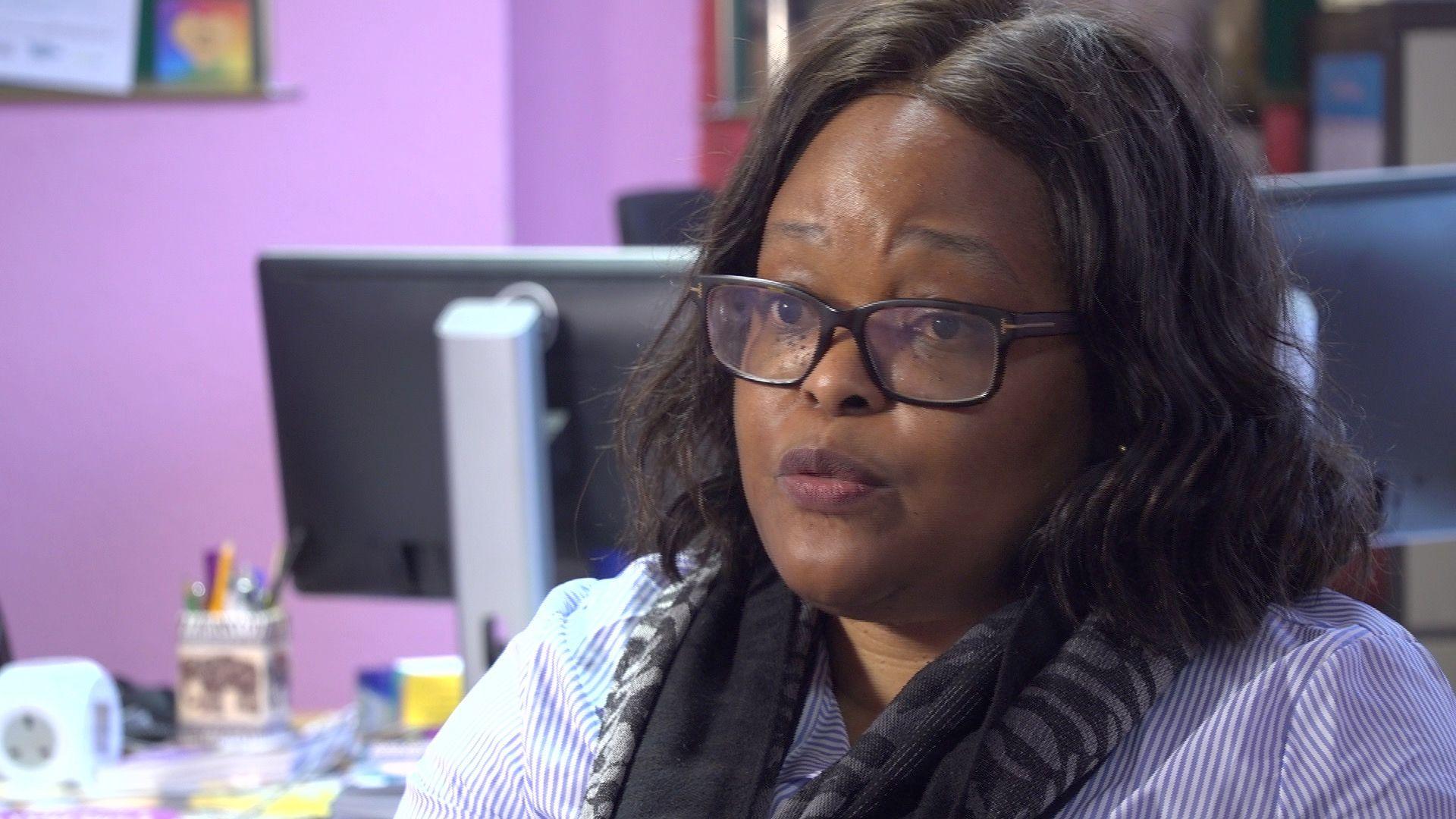
Jacqui Mukono, who runs Reading-based Project Salama, said it saw the impact of domestic abuse daily
Project Salama, a Reading-based charity that helps domestic abuse victims, said that had to be the case.
"We see the devastation wrought by domestic abuse every single day," advisor Jacqui Mukono said.
"The delay in disclosures is potentially putting women, children and their wider families at serious risk."
Long-term, the charity wants Clare's Law to be changed so those helping victims can also be told the outcome of requests to allow them to provide better help.
Darcy and her mum complained to TVP but are still waiting for the outcome, three months on.
"My daughter was lucky that she wasn't being violently abused," Sarah said.
Darcy is now looking ahead to a brighter future, free of her controlling partner and his violent background.
"Now I see that that person is capable of some really nasty stuff. I'm incredibly grateful to be out and home with people who actually do care about me," she said.
But she is worried about other victims in the future.
"The Clare's Law disclosure procedure is there for a reason and it should be used. It is there to protect you," she said.
"But I don't believe our current police force is capable of doing that. They need to do more. They have to do more."
If you have been affected by any of the issues raised in this story, you can visit the BBC Action Line for information and support.
You can follow BBC Berkshire on Facebook, external, X (Twitter), external, or Instagram, external.
Related topics
- Published7 March 2024

- Published11 January 2024

- Published20 July 2020
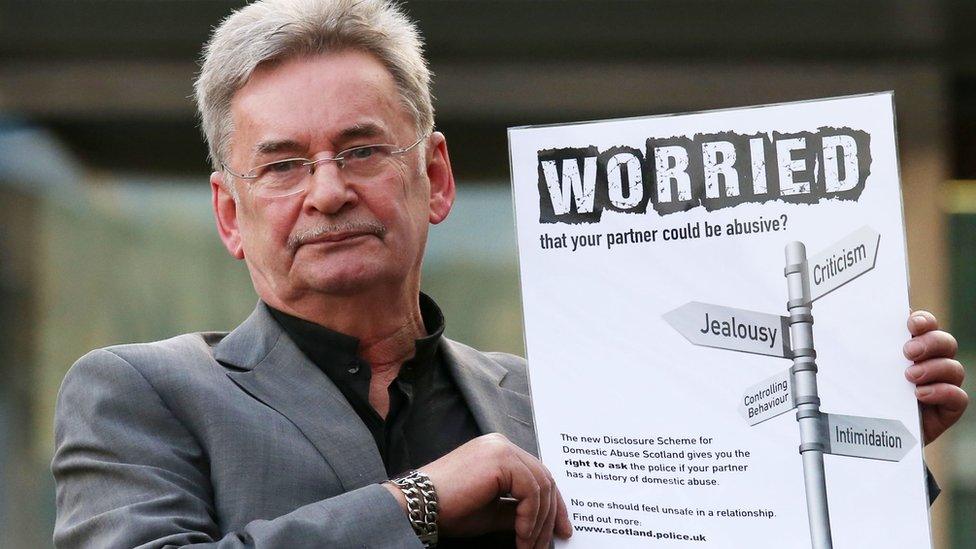
- Published25 November 2013
- Published8 March 2014
- Published23 May 2011